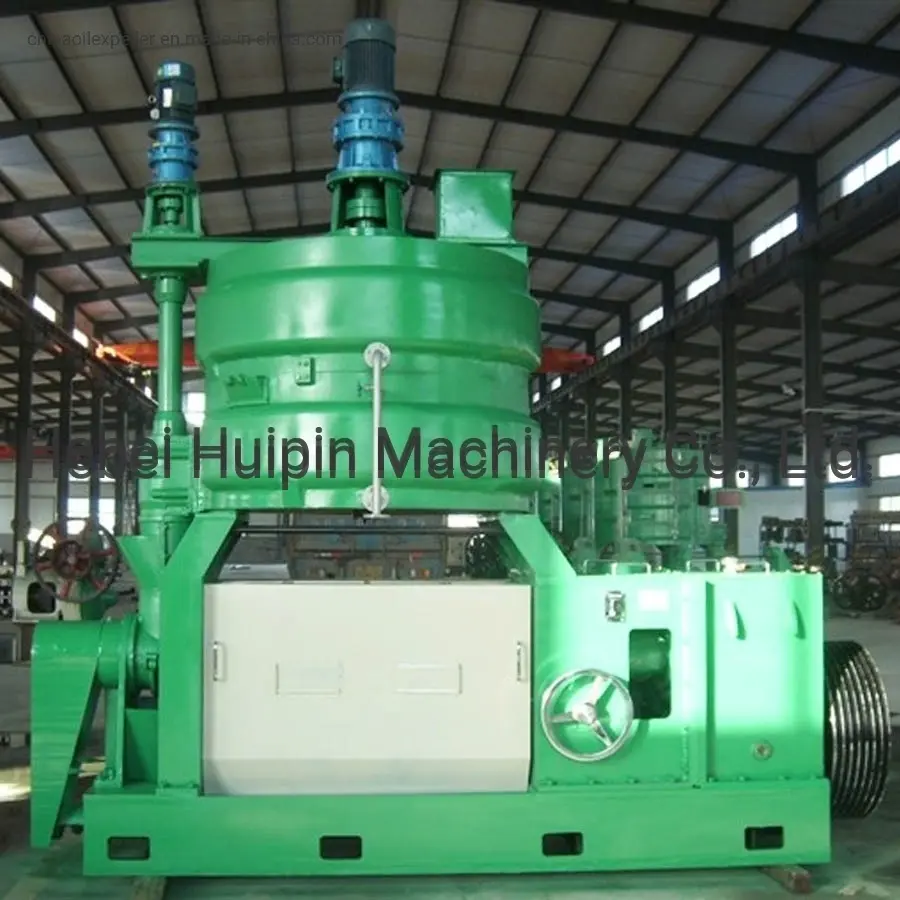Dec . 06, 2024 11:19 Back to list
Types of Oil Press Machines Utilized in Oil Mill Production Processes
The Role of Oil Presses in Oil Mill Companies
In the modern agricultural and industrial landscape, oil mill companies play a pivotal role in the production of edible oils, biodiesel, and various oil-based products. One of the critical components in this production process is the oil press. The efficiency and effectiveness of oil presses significantly influence the yield and quality of oils extracted from seeds, nuts, and fruits. This article delves into the various types of oil presses used in oil mill companies, their working principles, and their impact on the oil production process.
Understanding Oil Presses
An oil press, also known as an oil expeller, is a machine that uses mechanical pressure to extract oil from oilseeds. Oil presses can be classified into two main categories traditional and modern. Traditional presses, such as wooden ghanis and stone mills, are slowly being replaced by more advanced technologies that offer higher efficiency and yield. Modern oil presses utilize hydraulic or screw press mechanisms, which not only enhance oil extraction but also ensure better quality by minimizing heat generation during the process.
Types of Oil Presses
1. Cold Press Oil Machines These machines extract oil at low temperatures, preserving the natural flavors, nutrients, and aroma of the oil. Cold pressing is preferred for high-quality oils, such as olive and sesame oil. This method typically results in lower oil yields compared to hot pressing but offers superior taste and health benefits.
2. Hot Press Oil Machines In contrast, hot pressing involves heating the seeds before extraction. This method facilitates a more efficient oil yield but might compromise some of the oil's natural properties. Hot pressing is commonly used for oils like sunflower, canola, and palm, where high yields are essential for commercial viability.
3. Expeller Presses Expeller presses are a popular choice in oil mill companies due to their versatility and efficiency. They operate by mechanically crushing the seeds while gradually generating heat through friction. The design allows these presses to extract a significant amount of oil while maintaining reasonable production speeds.
oil press used in oil mill company

4. Hydraulic Presses Hydraulic presses use high pressure to extract oil from seeds, making them ideal for extracting oils from hard seeds such as almonds and walnuts. Although hydraulic presses are slower than expeller presses, they provide higher-quality oil with fewer impurities.
The Extraction Process
The oil extraction process generally comprises several stages, including cleaning, conditioning, and pressing. Initially, the oilseeds are cleaned to remove any impurities and foreign materials. Conditioning involves adjusting moisture and temperature levels to optimize oil extraction. Once conditioned, the seeds enter the oil press, where mechanical pressure extracts the oil. The extracted oil is then filtered to remove residual solids and impurities, resulting in a product ready for storage or further processing.
Impact on Oil Production
The choice of oil press directly affects the overall efficiency, yield, and quality of the oil being produced. High-quality machines can significantly reduce energy consumption, lower operational costs, and increase production rates. For oil mill companies, investing in advanced oil press technology can lead to higher profitability while meeting customer demands for premium-quality oils.
Furthermore, as consumers become increasingly health-conscious, there is a growing demand for cold-pressed oils that retain their natural properties. Oil mill companies that prioritize high-quality extraction methods are likely to capture a larger share of the market, catering to this trend.
Conclusion
Oil presses are indispensable tools in oil mill companies, influencing not only the quantity of oil extracted but also its quality. As the industry evolves, companies that adapt to new technologies and respond to consumer needs will thrive. The future of oil pressing lies in balancing efficiency and quality, ensuring that businesses can meet the demands of an ever-changing market while providing consumers with healthy, high-quality oils. Investing in the right oil press technology is not just an operational decision; it’s a commitment to quality and sustainability in the oil production industry.
-
Leading Food Oil Refined Unit Companies | Quality & Efficient Solutions
NewsAug.27,2025
-
Expert Food Oil Refined Unit Companies | Advanced & Efficient Refining
NewsAug.26,2025
-
Food Oil Refined Machine Companies: High-Efficiency Oil Refining
NewsAug.25,2025
-
Popular Commercial Oilseed Crushing Machinery | High-Yield Oil Expeller Press
NewsAug.24,2025
-
Food Oil Refined Unit Companies: Leading Manufacturers & Exporters
NewsAug.23,2025
-
Expert Oil Filter Machine Service & Solutions | Quality & Reliability
NewsAug.22,2025
